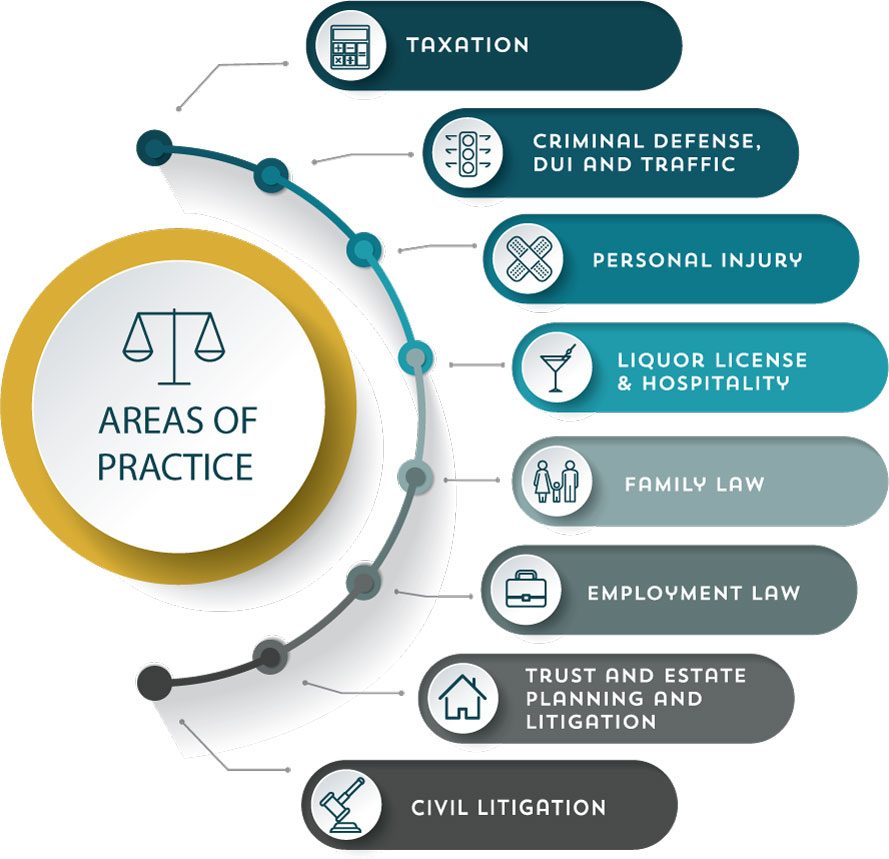The Preparation Refine Of Criminal Justice Lawyer For Trial: An Inside Appearance
The Preparation Refine Of Criminal Justice Lawyer For Trial: An Inside Appearance
Blog Article
Content Written By-Cherry Robb
When you think about the prep work that goes into a criminal test, it's easy to overlook the comprehensive behind-the-scenes job lawyers take part in. You'll locate that they start by examining the situation details and collecting proof, yet it doesn't stop there. They craft techniques based upon that's supervising the instance and that's remaining on the jury. As they navigate the intricacies of each trial, they also have to anticipate the prosecution's actions. So, what details actions do they require to make certain every little thing straightens perfectly come trial day?
Situation Assessment
When planning for a trial, a thorough situation assessment is essential for any kind of criminal justice lawyer. You'll start by analyzing the truths of your case, which sets the structure for your technique. Recognizing the timeline of events, recognizing key players, and acknowledging potential weaknesses in the prosecution's argument will certainly help you construct a solid strategy.
Next off, you'll evaluate any existing lawful precedents that might influence your case. Familiarizing on your own with comparable cases can give beneficial insights right into how courts may interpret the law. This understanding permits you to anticipate challenges and resolve them proactively.
Furthermore, you'll want to seek advice from your client to collect their viewpoint and ensure their narrative lines up with the evidence. Efficient interaction likewise aids build count on, which is vital for a solid attorney-client partnership.
Ultimately, take into consideration the effects of different outcomes. This assessment not just prepares you for trial yet also enables you to encourage your customer on feasible plea offers or alternate resolutions.
Proof Collection
After evaluating the instance, the next step involves gathering proof that supports your customer's protection. This procedure is vital, as the strength of your case commonly hinges on the top quality and relevance of the evidence you gather.
You'll begin by identifying possible resources of proof, which might include witness declarations, police reports, surveillance video, and forensic data.
When you've determined these resources, you'll require to get them lawfully and ethically. This can mean filing ask for papers, talking to witnesses, and coordinating with specialists who can analyze physical evidence.
Be thorough in your paperwork; every item of evidence must be cataloged meticulously to ensure you can reference it conveniently during test.
It's also necessary to review the proof for its admissibility. https://www.politico.com/news/2022/07/18/probe-trump-existing-jan-6-cases-00046274 might be engaging but might deal with obstacles in court as a result of lawful regulations. You'll wish to expect any objections from the prosecution and prepare counterarguments.
Finally, keep your client informed throughout this process. Transparency builds trust and helps them understand how each piece of evidence adds to their protection approach.
https://www.abajournal.com/voice/article/a-great-criminal-defense-attorney-is-a-zealot lays the structure for a solid case as you relocate more detailed to test.
Trial Approach Advancement
Creating a trial approach is crucial for successfully providing your instance in court. You'll want to begin by assessing the evidence gathered and recognizing vital themes that support your customer's setting. Think about exactly how to offer the facts in an engaging narrative that resonates with the jury.
Next off, consider your target market. You require to customize your technique based on the judge and jury's histories, beliefs, and values. This understanding can direct how you frame your arguments and pick which proof to highlight.
It's additionally important to expect the prosecution's technique. Identify prospective weaknesses in your case and establish counterarguments to address them proactively. Think of what concerns jurors may have and be prepared with clear, concise feedbacks.
As soon as you've established your core disagreements, technique providing them with confidence. Simulated tests can be helpful for fine-tuning your presentation style and determining the performance of your approach.
Lastly, continue to be versatile throughout the trial. Be ready to adapt your approach as brand-new evidence or developments develop, ensuring you remain focused on accomplishing the very best outcome for your client.
Final thought
In planning for trial, you require to stay organized and proactive. By thoroughly evaluating the instance, gathering strong proof, and crafting a calculated strategy, you'll set yourself up for success. Keep in mind, flexibility is crucial; prepare to adjust as the trial proceeds. With effective communication and practice with mock tests, you'll be well-equipped to respond to any kind of difficulties that arise. Eventually, your prep work can make all the difference in accomplishing a beneficial outcome for your customer.
